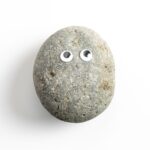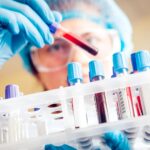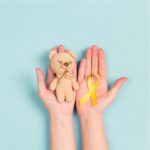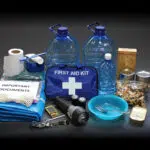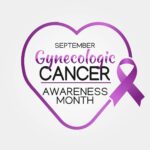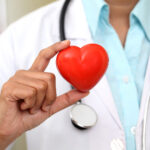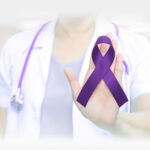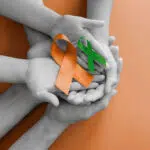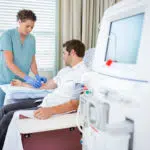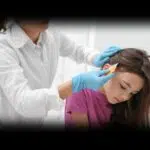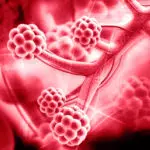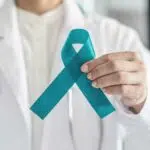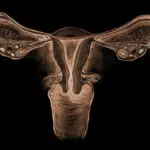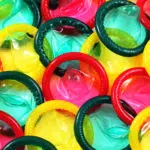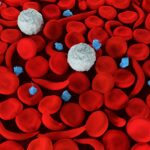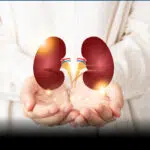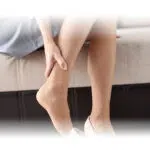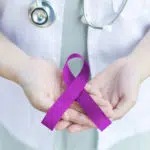Acne Positivity Day is observed each year on September 1 across the nation. Acne is a skin phenomenon that occurs when oil and dead skin cells clog your hair follicles. It creates pimples, whiteheads, as well as blackheads. While it is the most common among teenagers, people of all ages can be affected. As common as it is, acne can be a prominent source of insecurity for many people, affecting other aspects of their lives, such as social and personal aspects. National Acne Positivity Day aims to end this by encouraging self-love, acceptance, and appreciation of this natural skin phenomenon and ourselves.
History of Acne Positivity Day
It is believed that the origin of acne goes back to antiquity. The earliest mentions of the condition come from historical records stating that Pharaohs had acne. In addition, there is evidence that the use of sulfur as a topical acne treatment dates back to Cleopatra’s reign. François Boissier de Sauvages de Lacroix, a French physician, and botanist, published one of the first descriptions of acne in the 16th century. He coined the name “psydracia achne” to characterize small, red, and firm tubercles that changed the look of a person’s face during adolescence but were neither itchy nor bothersome. When Joseph Plenck, an Austrian physician, wrote a book in 1776 proposing the unique notion of classifying skin illnesses by their fundamental lesions. The recognition and classification of acne advanced further.
Acne has a high financial and social cost. Acne accounts for more than five million doctor visits in the United States each year. Acne is also responsible for 3.5 million doctor visits in the United Kingdom each year. In 2015, the top 10 leading acne treatment brands in the United States made nearly $352 million in sales. Acne’s causal and inflammatory elements are frequently misunderstood, and people blame acne sufferers for their disease. The victim’s self-esteem can be harmed as a result of such blame in addition to the existing physical effects of acne. The stigma was worsened back in the day by dermatology’s link of acne with sexually transmitted illnesses, particularly syphilis.
Acne affects more than just a person’s appearance. Acne can negatively impact one’s emotional well-being. Researchers have discovered that patients with acne can experience depression, anxiety, low self-esteem, poor self-image, decreased quality of life, and a sense of being alone. National Acne Positivity Day brings to light the commonality of this skin condition. It aims to empower those with it by enabling them to love and accept themselves the way they are.
Acne Positivity Day timeline
The topical use of Sulfur to treat acne is discovered during this time.
Greek physician, Aëtius of Amida, coins the term ‘ionthos,’ or ‘acnae,’ referring to facial skin lesions that occur during "the 'acme' of life" (puberty).
English dermatologist, Robert Willan, provides the first detailed descriptions of several skin disorders that remain in use today.
Retinoids and Benzoyl Peroxide emerge as effective acne treatments.
Acne Positivity Day FAQs
What are the different types of severe acne?
There are four types of inflammatory acne — papules, pustules, nodules, and cysts.
What is the difference between acne and pimples?
Acne is a long-term skin disease, and pimples are a symptom of acne. Pimples occur routinely in those who do not suffer from acne as well.
Does acne go away?
While most acne goes away at the end of puberty, it is also common for adult acne to clear up later in life. This varies from case to case.
How to Observe Acne Positivity Day
Share your story
If you have suffered or still suffer from acne and have a story about the struggles, share it with others on social media. You can tell them how you got through it and remind them that they are not alone.
Be a part of the community
The hashtag #acnepositivity has been used by thousands of people and has helped create a sense of community and belonging. Use it on your social media channels and join the club!
Love yourself
Whether or not you struggle with acne, we have been blessed with our bodies that get us by each day. Learning to accept and love our bodies is of the utmost importance. Be a little nicer to yourself on this day.
5 Interesting Facts About Acne
It is more common than you think
Over 80% of the world gets affected by acne at some point.
Your meals do not directly affect it
There is little to no evidence of specific food items causing acne.
The sun could help it
10 to 15 minutes of sun exposure can help minimize breakouts.
Hydration is key
While water is not a direct treatment for acne, it has several benefits for overall skin health.
Cleaning excessively will not help
Excessive face cleansing could do more harm than good.
Why Acne Positivity Day is Important
It spreads positivity
In a world where negativity often tends to creep into different aspects of life, any chance to spread and enjoy positivity is welcome. This also allows us to create body positivity!
It encourages self-love
Acne plays a significant role in affecting people’s confidence and self-esteem. A day like this encourages everyone to accept this natural phenomenon and love themselves through it.
It creates a community
Many acne sufferers feel as though they are alone with the struggles that come along with acne. This movement creates a community where countless stories are shared, and a community is built, letting everyone know that they are not alone.
Acne Positivity Day dates
| Year | Date | Day |
|---|---|---|
| 2024 | September 1 | Sunday |
| 2025 | September 1 | Monday |
| 2026 | September 1 | Tuesday |
| 2027 | September 1 | Wednesday |
| 2028 | September 1 | Friday |















